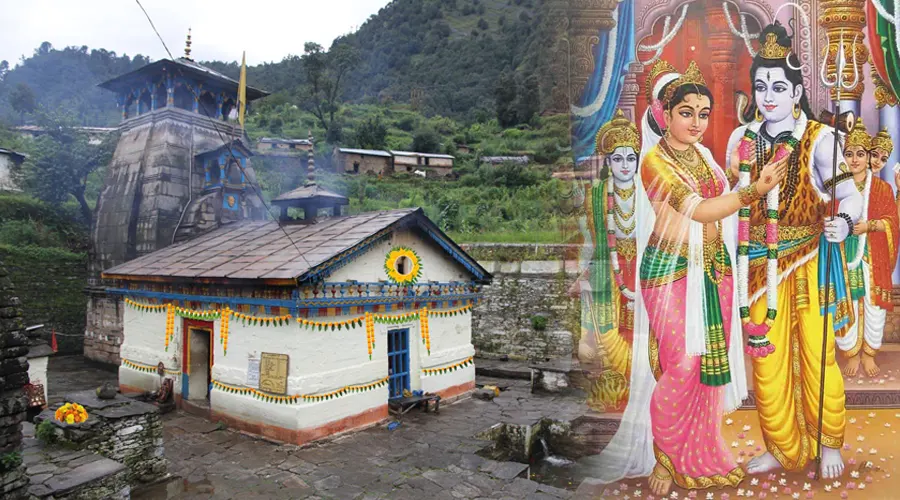Kaiserbagh Palace Lucknow
Built by the last Nawab of Awadh - Wajid Ali Shah, between 1848 to 1850, Kaiserbagh Palace is reckoned to be one of the finest historical creations in Lucknow. It is believed that the concept of the garden came from the Mughal Emperor Babur. However, it is said that the Nawab wanted Kaisarbagh to be the eighth wonder of the world. This beautiful historical site in Lucknow is a perfect example of Mughal architecture. Though some parts of this Kaiserbagh Palace have witnessed various damages, yet, it stands as one of the examples of the architectural brilliance in the city of Lucknow. The beautiful pavilions, imposing walls and age-old statues altogether take the charm of the palace to a different level.
History of Kaiserbagh Palace
The construction of Lucknow’s Kaiserbagh Palace is credited to Wajid Ali Shah, the successor of Muhammad Ali. Wazid Ali, known to be a connoisseur of art and architecture was known more for his pleasure pursuits than for his administrative capabilities. The Kaiserbagh Palace in Lucknow was built between 1848 and 1850. The Nawab expected the palace to be regarded as the eighth wonder of the world.
Architecture of Kaiserbagh Palace
This popular tourist attraction in Lucknow boasts stunning Mughal architecture. Erected in the 19th century, the palace incorporates Moorish minarets, lanterns, banisters, pediments, and ionic columns. However, one of the main highlights of Kaiserbagh Palace is the Baradari, a white stone structure that was once entirely embellished with silver. Several yellow buildings are located in the quadrangle that served as the houses of royal ladies.


























